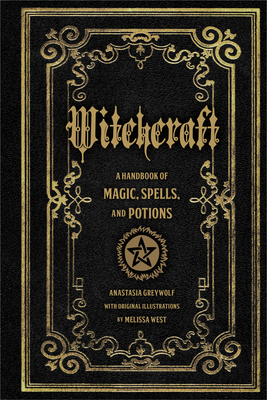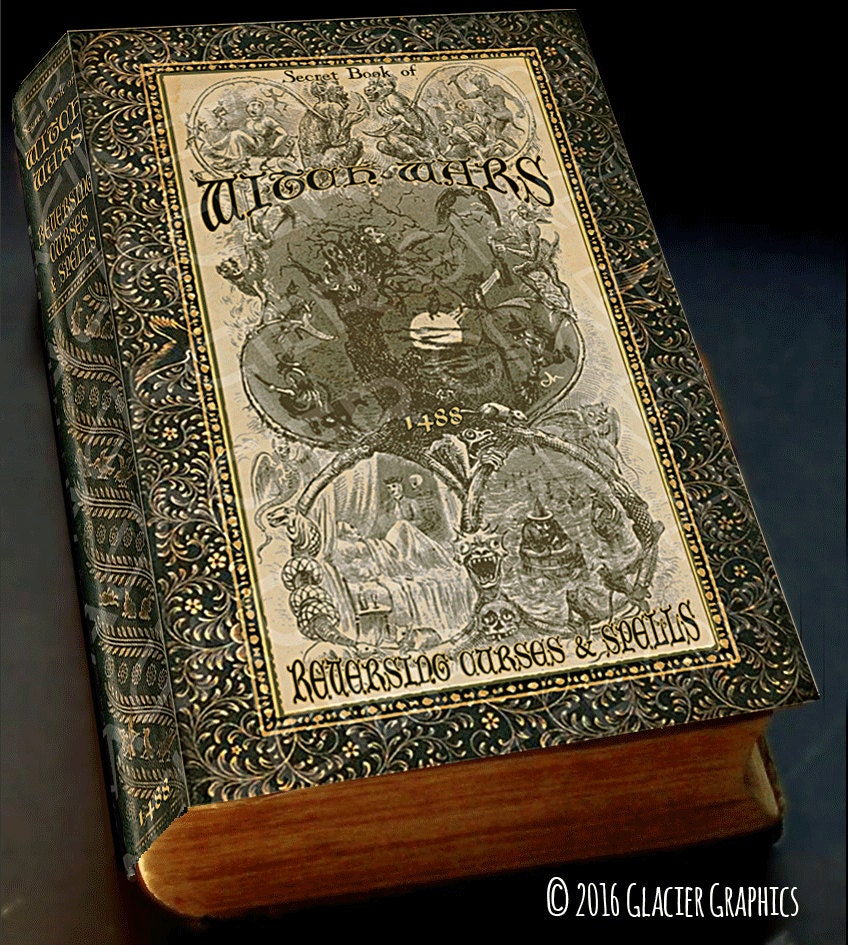

Many psychologists see magic as a form of self-empowerment that is simply another framework for understanding the power of positive, proactive thought.

Deep concentration, focused meditation, and control of one's thoughts are all key components to generating the personal power required to cast useful spells. The related magical tradition of Aleister Crowley posits that magic, though it can put the practitioner in contact with otherworldly forces, is essentially an exercise in self-discipline and mental rigor.Understanding what various concepts and materials embody or represent is all-important to developing the most effective spell possible. This may include invoking the aid of powerful spirits, such as the God and Goddess or the Guardian Spirits of the four elements and directions it also includes ritual processes to gather or cultivate power within the practitioner him- or herself. Wiccans generally believe that the magic of witchcraft is the result of ritually imposing one's will upon the world by strengthening and projecting it through the appropriate mystical channels.Like any discipline, a novice in the field of magic should develop a grasp of the different general opinions and approaches to it. Because magic is a very personally oriented area of study, there are many competing views of it: how it works, where it comes from, what it means. Witchcraft is, essentially, the practice of magic. You don't absolutely have to be Wiccan to practice Wiccan witchcraft, but the two are closely tied together.Įducate yourself in schools of magical thought. Seasonal festivals, called Sabbats, and structured religious practice are major components of Wicca. Much of the religion is concerned with the acceptance and embrasure of the natural world, its cycles, and the differences between individuals. Witchcraft is only one part of being a Wiccan.



 0 kommentar(er)
0 kommentar(er)
